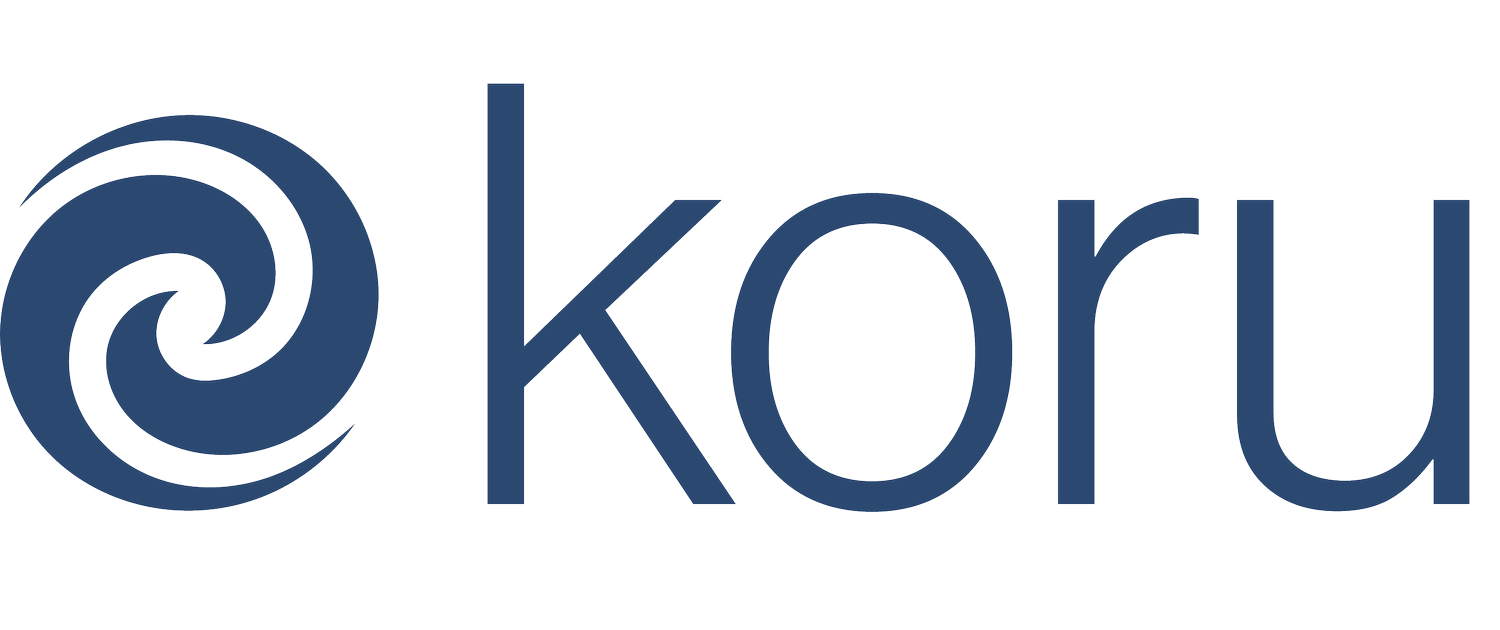The Global Partnership
To sign up for On Impact, tap here.
How NGOs and the U.S. Government Work Together
Non-Governmental Organizations, commonly known as NGOs, are typically nonprofit organizations that play a central role in humanitan, development, and philanthropic causes in the developing world. These organizations rely on grants from the U.S. Government, foundations, private sources, and other forms of fundraising to carry out programs to support and solve the most challenging issues of our generation. Causes including Covid-19 Vaccination & Treatment, Combatting the effects of Climate Change, and Access to Capital for Entrepreneurs are just three of a seemingly endless list of causes everyone can support outcomes for.
The leading source of funding to American-based NGOs is provided by U.S. Agency for International Development (USAID). USAID is a government agency based in Washington, D.C. that is primarily responsible for funding foreign aid and development assistance around the world through the allocation of nearly $50 billion annually. An estimated 4,000 programs are funded by USAID every year. A large percentage of all international aid around the world is provided by national Governments, not individuals or companies.
The following is a brief overview of the process NGOs undergo to receive funding from USAID and, by extension, compete with other NGOs for funding. Through public websites like this, USAID notifies the release of financial grants for various causes centered on specific countries or regions. For example, USAID may say they are planning to award $20 million over a period of 3 years to fund a program promoting Covid-19 Vaccinations and increase the capacity of health centers treating Covid-19 patients in Kenya. There will be a date USAID specifies that proposals for submission are due, this means that NGOs interested in being awarded the $20 million and subsequently being solely responsible for implementing the program will be required to submit a written proposal where they describe in extensive detail how they will use the money if it is awarded to them by this date. Every NGO interested in the Covid-19 funding award in Kenya will write its own individual proposals. After they are all submitted by the required date, USAID reviews all the proposals and awards the $20 million to the NGO they gauge is the best positioned and trusting to implement the program successfully. The winning NGO is awarded the initial round of the $20 million grant shortly thereafter to begin the program in Kenya. The other NGOs that submitted proposals are left with a rejection email and will plan to submit proposals for another cause in another country and the cycle continues.
The Speed Read
Sustainability & ESG
If the ESG movement wants to go mainstream, it needs a better name: "It used to be, back in the 20th century, corporate valuations came from plants, buildings, machinery, cash assets. Now it comes from branding, network effects, stakeholder trust, R&D, IP. And so all of this basically means that stakeholder perceptions, public perceptions, employee perceptions are a far greater proportion of corporate value than they used to be." (Fortune)
What Does Sustainable Living Look Like? Maybe Like Uruguay: "By 2016, an array of biomass, solar and some 50 wind parks had replaced the grid’s use of oil, helping slash more than half a billion dollars from the country’s annual budget. Today, Uruguay boasts one of the world’s greenest grids, powered by 98 percent renewable energy." (NYT Magazine)
How Schneider Electric's CEO Made It One of the Most Sustainable Companies in the World: It’s an approach that counters some antiquated views in the business community that sustainability is a hitch in growth. Instead, you’re using sustainability as a driver of growth and a way to attract customers. (Time)
People trust executives to intervene in social issues:“It may well be in the long-run interest of a corporation that is a major employer in a small community to devote resources to providing amenities to that community or to improving its government. That may make it easier to attract desirable employees, it may reduce the wage bill or lessen losses from pilferage and sabotage or have other worthwhile effects." (The Economist)
Domestic & Foreign Policy
The New Laws Trying to Take the Anxiety Out of Shopping: "The average garment will be worn only seven times before it’s disposed of. In part, Mr. Schragger said, that’s because companies are not obligated by law to meet corporate and social responsibility targets." (NYT)
China emerges as IMF competitor with emergency loans to at-risk nations: "China has doled out tens of billions of dollars in secretive “emergency loans” to countries at risk of financial crises in recent years, turning Beijing into a formidable competitor of the western-led IMF." (FT)
Global Development & Humanitarian Aid
U.N. Faces Record Humanitarian Aid Shortfall — but Not for Ukrainians: But refugees and aid agencies alike have noted that the donor countries have shown far more concern for Ukraine’s overwhelmingly white and Christian populace than they have for people fleeing violence and deprivation in the Middle East and Africa. (NYT)
Bill Gates: ‘We’re in a Worse Place Than I Expected’: In 2015 the United Nations established 17 sustainable development goals — measurable benchmarks of human progress that might guide a path “to end poverty, fight inequality and stop climate change by 2030.... Seven years in, the world is on track to achieve almost none of the goals” (NYT)
Cost to hit U.N. sustainability goals rises to $176 trillion: "Creating affordable housing for the estimated 2.4 billion urban inhabitants by 2050; funding the burgeoning education technology sector and thereby helping the 260 million children currently out of school; and rolling out digital banking to help the 67% of the world that is under-banked.It can be profitable to serve those customers, and we should do so." (Reuters)
